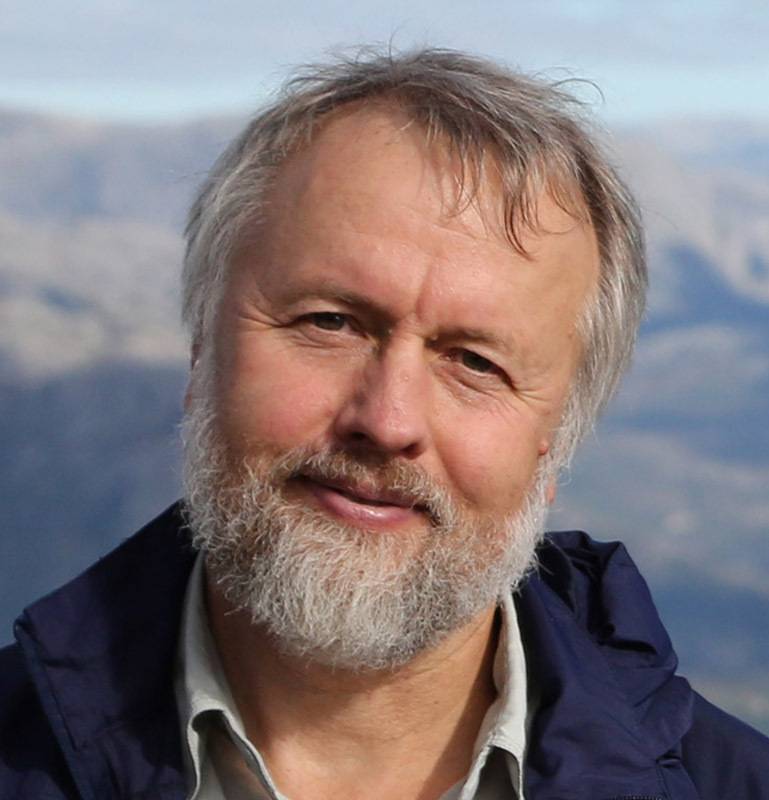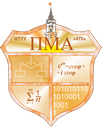Master's Educational and Professional Programme
ack in 2017, Erik Brynjolfsson and Andrew McAfee wrote in the Harvard Business Review that:
“Over the next decade, AI won’t replace managers, but managers who use AI will replace those who don’t.”
Their prediction is coming true with remarkable inevitability — and has already reached software development through vibe coding.
That’s why it makes sense to dedicate your further studies in the Master's program to areas that will clearly remain in high demand in the IT industry for many years to come — fields focused on the development and application of machine learning, data mining, and artificial intelligence. A solid foundation in mathematics will serve as a long-lasting basis for continued professional growth.
By studying in the Educational and Professional Master’s Program “Machine Learning and Mathematical Modelling,” in just a year and a half you will become a fully qualified Master in Applied Mathematics, with a specialization in machine learning and mathematical modelling.
Some Key Courses
- Machine Learning
In this course, students study the fundamentals of supervised and unsupervised learning, including relevant models, methods, and evaluation metrics. Topics covered include classification metrics, decision trees, metric-based, linear, Bayesian, and kernel methods, as well as the support vector machine (SVM) approach. Special attention is given to clustering, association rules, model ensembles, dimensionality reduction, and reinforcement learning. The course also introduces the foundations of statistical learning theory according to Vapnik and Chervonenkis, causal inference in machine learning, and learning with guaranteed accuracy
- Architecture and Technology of Big Data Systems
Unlike many academic courses that focus narrowly on concepts or isolated technologies, this course is designed to guide students through the entire lifecycle of Big Data applications, from design and development to deployment and operational management. Participants will not only learn the theoretical foundations of Big Data infrastructures but also gain hands-on experience in architecting solutions, building applications, and running them on real cloud platforms (with a specific attention on Apache Hadoop ecosystem, MapReduce, Spark, HBase, Hive, Pig, and supported programming languages Pig Latin and Hive). By engaging with industry-grade tools and practices, students develop the skills to manage every stage of data-intensive systems, ensuring that what they build can be successfully implemented, maintained, and scaled in real-world organizational environments. This holistic approach makes the course stand out as a true bridge between academic knowledge and professional practice, preparing graduates for leadership in data-driven innovation.
- Project Management
The course covers fundamental principles and modern approaches to project management. Students are introduced to the basics of project management, including the role of the project manager, industry standards (such as PMBOK, ISO 21500:2012), and the characteristics of project-oriented thinking. Key aspects of project management are studied, including integration, scope, schedule, cost, risks, as well as project structure and life cycle. Significant emphasis is placed on practical tools such as project charter development, work breakdown structure (WBS) creation, risk and schedule analysis, and negotiation techniques. The course concludes with topics on project personnel management, leadership, and team motivation
- Data Mining
This course introduces students to methods of clustering and visualizing large-scale data. It covers a range of clustering algorithms, including BIRCH, Batch K-means, DBScan, Cure, WaveCluster, CLARA, and Clarans, as well as Borůvka’s and Forel’s algorithms, and Kohonen maps. Special attention is given to modern data visualization techniques such as Tufte’s principles, Chernoff faces, parallel coordinates, and radial (petal) diagrams. The course emphasizes the practical application of these methods for analyzing complex patterns in large datasets
- Modelling of Complex Systems
The mathematical formulation of any phenomenon requires a clear understanding of its objective, the identification of its essential properties, and the omission of secondary details.
A well-chosen problem formulation can sometimes make it possible to solve exceptionally complex problems with relative ease (for example, the problem that answers the question: why are three-stage rockets built?).
The course examines models described by (linear and nonlinear) systems of ordinary differential equations. Problem-solving is proposed using well-known computer algebra systems such as Mathcad, Mathematica, MATLAB, Maple, and others.
Describing problems in dynamics requires mastering certain theoretical topics and subsequently applying them to derive equations that describe the motion of a mechanical system. These very problems will form the basis of the students’ course projects.
Some Faculty Members

The course in Machine Learning will be taught by Prof. Oleg Chertov, a pioneer of the first university-level Data Science educational programme in Ukraine. He is the architect of the largest OLAP system in Ukraine (as of 2005), a consultant for the World Bank and the United Nations Population Fund, and a project coordinator for Horizon 2020, NATO Science for Peace and Security, and the Volkswagen Foundation. He is also a co-author of the monograph Big Data Infrastructure Technologies for Data Analytics and one of the founders of the Big Data Lab at Vodafone Ukraine, where he has been teaching a similar course for the past six years

The course on Architecture and Technologies of Big Data Systems is taught by Yuri Demchenko, one of the co-authors of the EDISON Data Science Framework, a recognized standard in the field of data science

The unique course on project management will be taught by Volodymyr Chugai — one of the leading specialists at the State Logistics Operator (DOT). He was among the pioneers who started with DOT-Chain to supply food to the Armed Forces of Ukraine and is now launching the full-scale weapons marketplace, DOT-Chain Defence, where military personnel can directly choose the equipment they need
